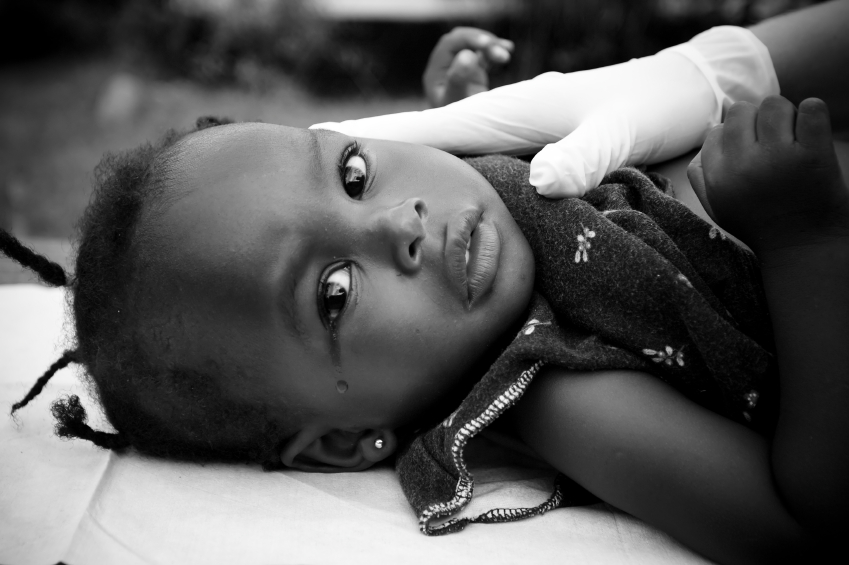Dangerous Price of COVID Rules for Women, Children in Africa – WebMD

Callaghan was not alone.
Public health officials across the globe braced themselves.
Not only out of fear that COVID-19 had the potential to knock out large populations of the African continent, but also what it could mean for women and children.
“It was always clear that the moment there was identification of lockdowns, we knew that that would have significant consequences for women and girls across the continent,” says Sunita Caminha, a policy specialist for Ending Violence Against Women at the UN Women East and Southern Africa Regional Office.
New studies by Amref Health Africa show that COVID-19 safety responses, especially stay-at-home orders, have had dangerous and fatal effects for women and children across the African continent.
But many experts say these effects are rooted in deeper issues. COVID-19 only brought them center-stage.
Women’s Health Services
One Amref Health Africa study, led by Shiphrah Kuria, MD, regional manager of the reproductive health and family planning program at Amref Health Africa, found a drop in the number of women who used or had access to critical health services, such as prenatal care, in Zambia, Uganda, and Kenya.
This was largely out of fear of getting infected inside health care facilities, findings show.
“They had a fear of contracting COVID-19 because they had minimal information about COVID-19,” says Brenda Mubita, project lead at Amref Health Africa and co-leader on the study.
“In places like Kenya, we are seeing thousands and thousands of girls in teenage pregnancies and marriages, which would have never happened if the normal structure would have been there,” Callaghan says. “I don’t think it’s just kids that are bored.”
Money troubles play a big role, says Vivian Onano, a humanitarian and social entrepreneur.
Onano, who is from Kenya, says that schools being closed put many young girls in risky situations, especially with men taking advantage of their struggles.
“There have been really sad cases of girls who relied on school for sanitary towels [pads],” Onano says. “So, they sell their bodies for little money. There are a lot of taxi guys who will give you 50 shillings, and they will have sex with you unprotected. At the end of the day, you’re going to fall pregnant.”
Child Health and Nutrition Services
Restrictions on movement, limiting the number of people in health care facilities, and closing public places, like markets, have had huge impacts on children’s health and nutrition and has created an even bigger problem with malnutrition, says Simeon Nanama, regional adviser of nutrition at the UNICEF West and Central Africa Regional Office.
“In the West and Central Africa region, we were expecting, in 2020, 4.1 million children with severe wasting. With COVID, food insecurity, and crisis, it’s estimated that this number increased by 19%,” he says.
Severe wasting refers to children that have become too thin due to malnutrition, which can lead to death.
“If we take the example of vitamin supplements for children, through the pandemic, access of children to this service was reduced 50% to 75%,” Nanama says.
Gender-Based Violence and Unequal Status of Women and Girls
Domestic violence rates have risen greatly in Uganda, Senegal, and Kenya, according to an Amref Health Africa study led by Rehema Chengo, project coordinator at Amref Health Africa.
But Africa is not alone.
This is only adds to the global issue of violence against women during the pandemic, which UN Women calls “The Shadow Pandemic.”
Findings show that 1 in 10 Senegalese, 1 in 5 Kenyans, and 1 in 3 Ugandans reported a rise in violence by their partners since the start of the pandemic, especially in households making less than $100 a month.

